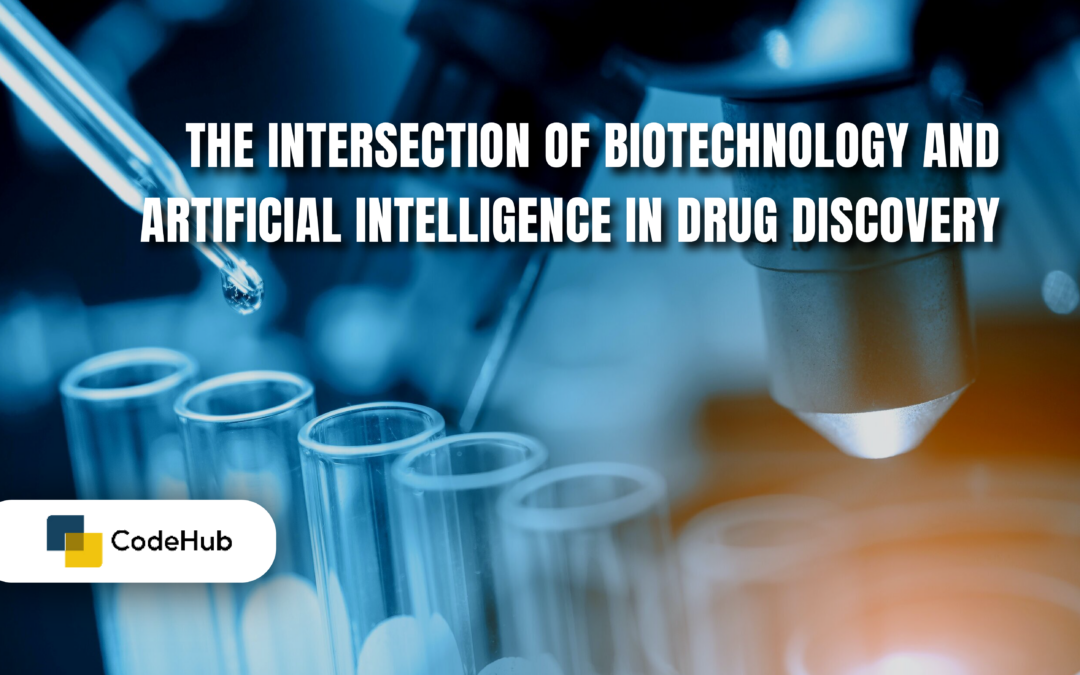Introduction
The integration of biotechnology and artificial intelligence (AI) is reshaping drug discovery, offering new possibilities for faster and more effective development of therapies. This synergy is accelerating research, reducing costs, and improving the precision of treatments. Here’s a look at how these technologies are transforming the field.
Transforming Drug Discovery
1. Data-Driven Insights:
- Genomics and Proteomics: AI analyzes large-scale biological data to identify drug targets and predict interactions with greater accuracy.
- High-Throughput Screening: AI enhances screening processes by predicting which compounds are likely to be effective, reducing experimental testing.
2. Predictive Modeling:
- Drug-Target Interactions: AI models forecast how compounds will interact with targets, improving the accuracy of drug development.
- Toxicity and Side Effects: AI predicts potential adverse effects, helping to mitigate risks early in the process.
3. Personalized Medicine:
- Patient Stratification: AI tailors treatments to individual genetic profiles, increasing the likelihood of successful outcomes.
- Customized Therapies: AI helps in developing personalized drug therapies, enhancing efficacy and minimizing side effects.
4. Accelerating Development:
- Synthetic Biology: AI optimizes the design and production of novel compounds, speeding up drug development.
- Automated Labs: AI-powered robotics streamline laboratory processes, reducing time and costs.
Benefits
- Increased Efficiency: AI speeds up drug discovery by automating data analysis and optimizing screening.
- Reduced Costs: AI minimizes the need for extensive testing and lowers overall development costs.
- Improved Accuracy: Enhanced data analysis leads to more precise predictions of drug efficacy and safety.
- Enhanced Innovation: AI fosters new therapeutic approaches and accelerates drug development.
Challenges
- Data Quality: High-quality, integrated data is crucial for effective AI predictions.
- Algorithm Transparency: Ensuring the interpretability of AI models is important for trust and validation.
- Regulatory and Ethical Issues: Addressing data privacy and validation concerns is essential for responsible AI use.
The Future
The continued advancement of AI and biotechnology promises to further revolutionize drug discovery, with improvements in personalized medicine, collaboration, and regulatory frameworks. This intersection holds great potential for accelerating therapeutic innovations and enhancing patient care.
Conclusion
Biotechnology and AI are dramatically transforming drug discovery, making it faster, more efficient, and more precise. By leveraging these technologies, researchers can overcome traditional challenges and advance the development of new therapies, ultimately improving healthcare outcomes.

